How to sleep with vertigo
Sleeping with vertigo can be challenging, but with the proper precautions, you can achieve an undisturbed night of sleep.
We'll dive into the best way to sleep with vertigo below. 👇
Elevate the head
The National Library of Medicine [1] suggests sleeping with your head elevated to treat vertigo.
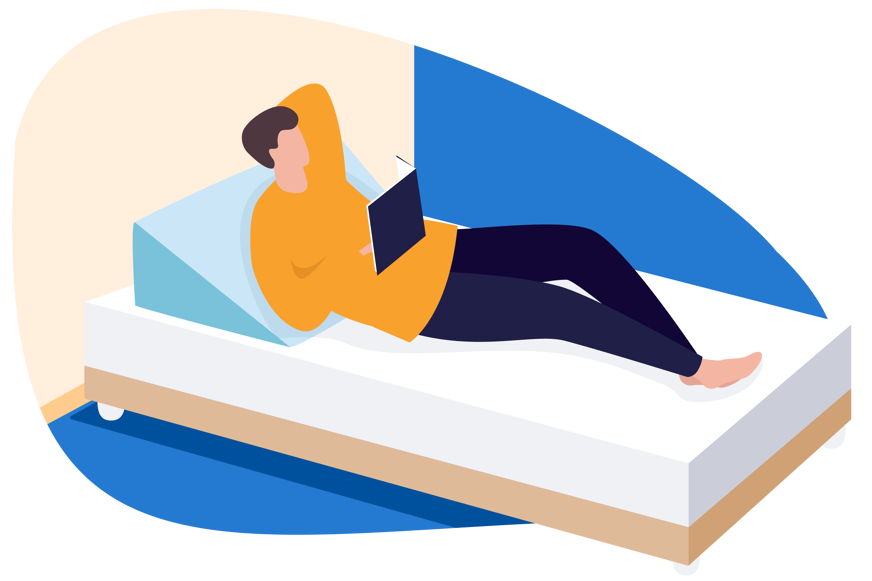
The NHS [2] backs this up and recommends sleeping with 2 or more pillows.
However, one firm and high loft pillow, such as the Simba Hybrid Firm pillow, could also work well.
This high loft pillow is designed with adjustable layers, so once you’re no longer experiencing vertigo, you can readjust it to your preferred height and firmness. 🛠️
Sleep on your back
The best sleeping position for vertigo is on your back.
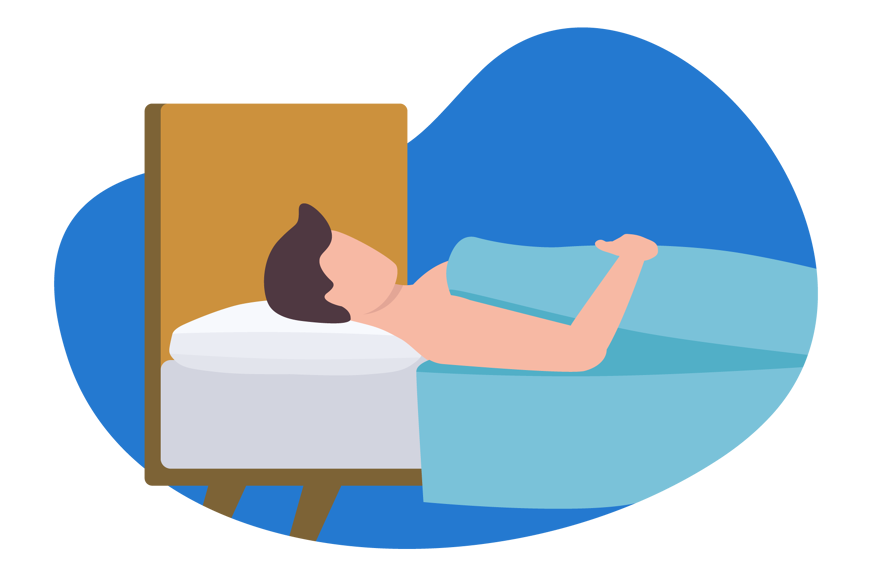
Experts [3] recommend sleeping on your back to keep you still and prevent your inner ear crystals from moving around.
Sleep with the unaffected ear facing down
Some types of vertigo, such as BPPV, mean you experience vertigo symptoms in just one ear. 👂
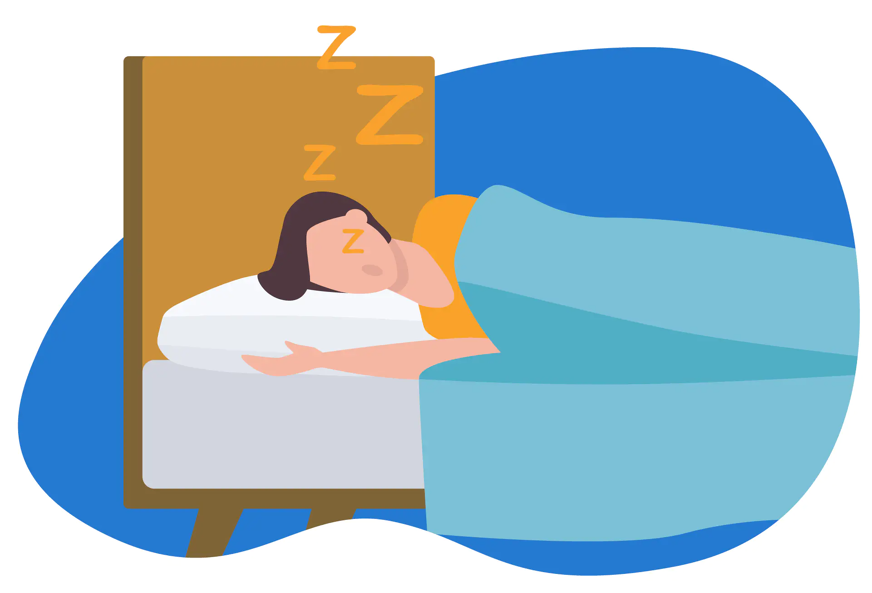
If you’re a side sleeper struggling to fall asleep on your back, you can try sleeping with your head position to the side and your “good ear” facing down.
Studies [4] tested this on patients with BPPV vertigo, and sleeping on the unaffected side was found to lessen vertigo symptoms for a more restful sleep.
Create a calm sleep routine
Stress and anxiety are known to increase the symptoms [5] of vertigo.
We always recommend good sleep hygiene and having a relaxing sleep routine to help you fall asleep more easily.
A dark and cool room with a comfortable mattress can help create a safe and cosy space ready for sleep.
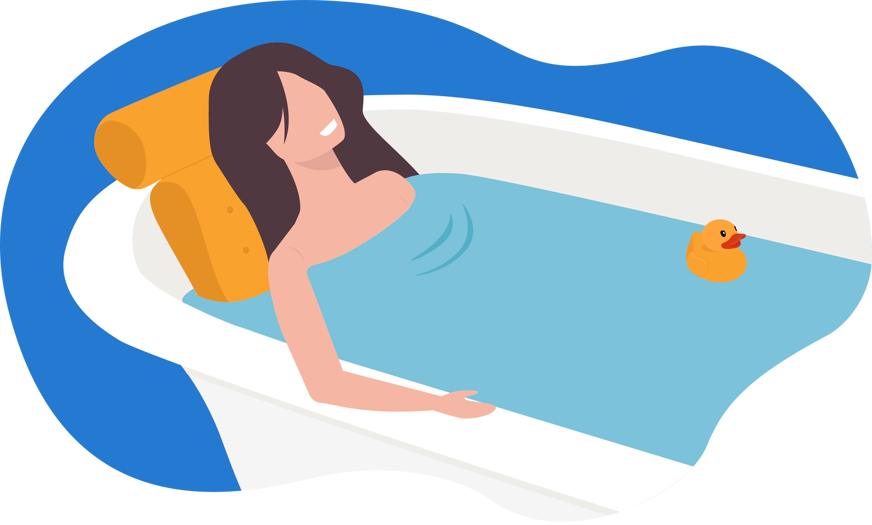
We also recommend a warm bath, listening to calm music or ASMR, reading a book, and avoiding screens and other stimulants as you wind down for bed. 😴
Rise slowly
To prevent a vertigo attack or lessen the symptoms of vertigo, you should move your head as little as possible when you wake.
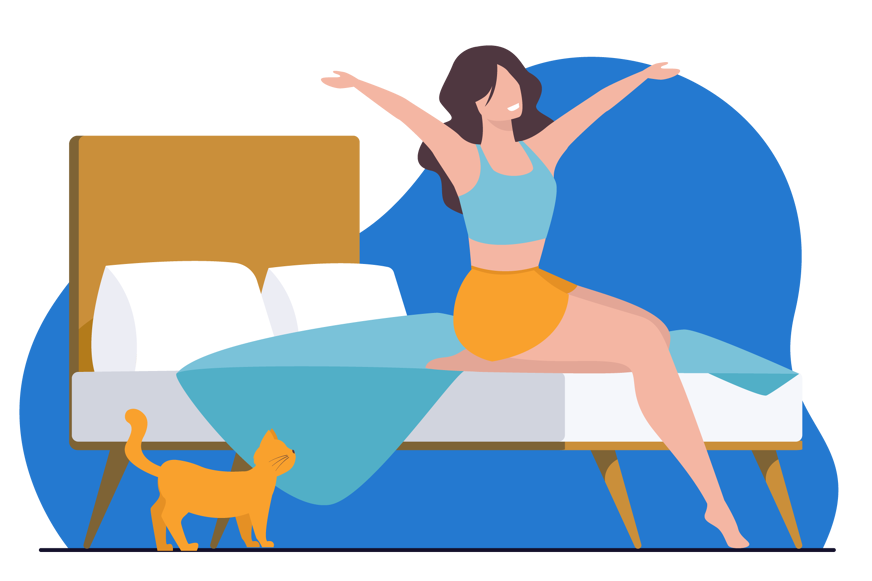
Move slowly if you need to get up in the middle of the night, and avoid using loud alarm clocks in the morning that might jolt you awake. 📢
Instead, try calmer waking methods, like a sunrise alarm clock or gentle music that helps you rise slowly.
Use a suitable pillow
As well as a firm and high loft pillow, experts also recommend an ergonomic or wedge pillow, which offers more control and height. ⬆️
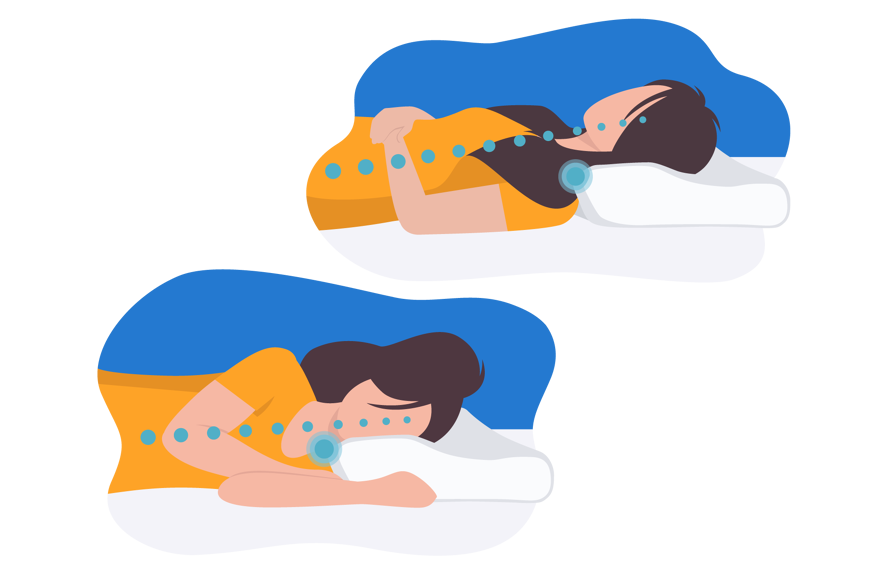
Ergonomic pillows like those by Tempur, for example, has been specifically designed to correct your posture and provide better support for sleep. 🤝
Body pillows can also benefit side sleepers with vertigo to prevent you from rolling onto the wrong side during sleep.
Our favourite pillows for vertigo:
What causes vertigo?
Vertigo can stem from various problems impacting the vestibular system [6], our body's balance regulator.
This sensation is more common in the elderly since they are more susceptible to health conditions leading to imbalance.
Those who suffer from migraines, experience head trauma [7] and use certain medications can also increase the risk of vertigo. 💫
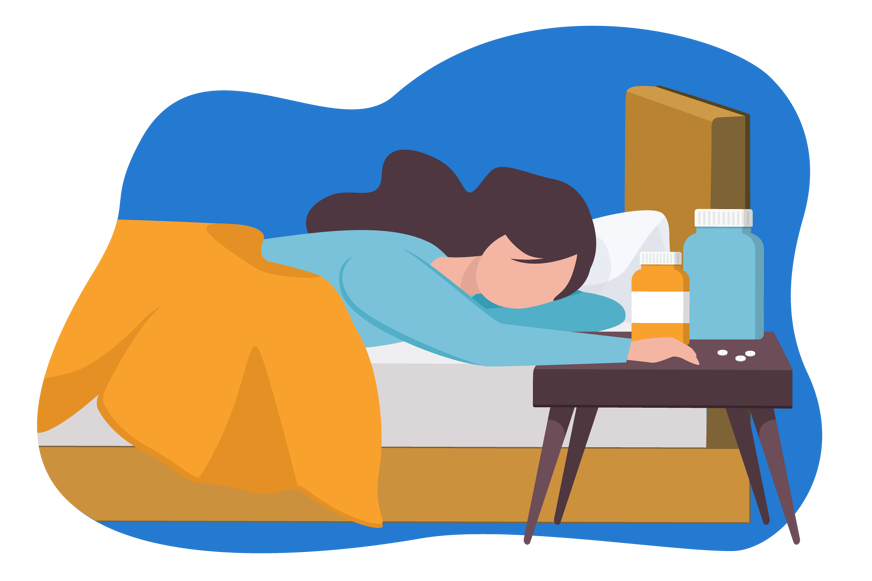
But there are different types of vertigo causes, which we’ll unpack below.
BPPV
The most common cause of vertigo (affecting around 50% of people) is BPPV or benign paroxysmal positional vertigo [8].
This often stems from an ear infection or head injury, which causes small calcium crystals to become dislodged and float in the fluid of the inner ear canal.
BPPV is not usually a cause for concern and disappears after a few days or weeks.
Meniere’s disease
Meniere's disease [9] arises from fluid build-up in the ear, which can be caused by changes in pressure, such as flying.
Those with Meniere’s disease often experience hearing loss and tinnitus, which can sometimes be permanent. 🦻
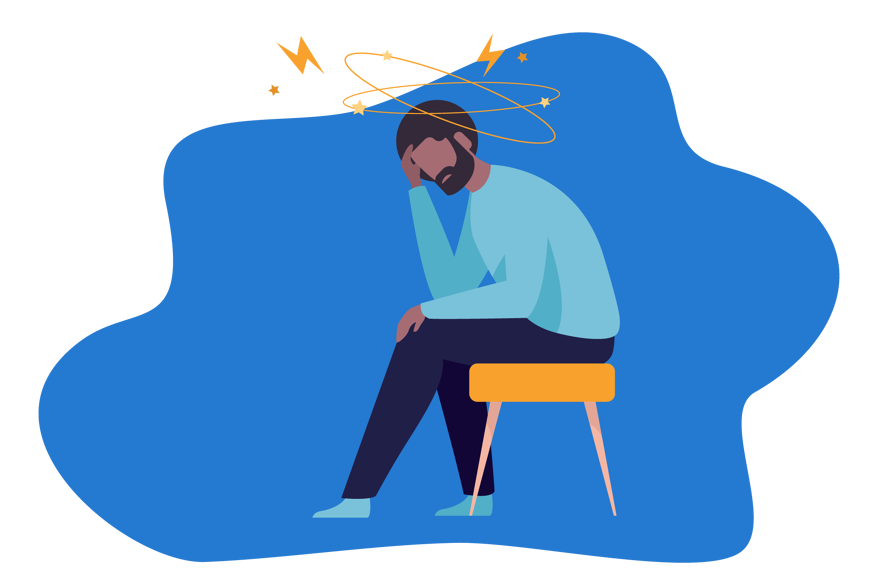
Typically, Meniere's disease occurs between the ages of 20 and 50.
Vestibular neuronitis/labyrinthitis
Vestibular neuritis [10] is an inflammatory disorder in the ear which can cause intense dizziness, loss of balance, nausea, and vomiting. 🤢
Experts believe that viral infections are responsible for causing vestibular neuritis.
This cause of vertigo is less common, with vestibular neuronitis and labyrinthitis affecting around 6% of patients.
Can you sleep with vertigo?
Sleeping with vertigo can be a struggle, but it doesn't have to be. 😟
You can enjoy restful and restorative nights with the right strategies, even with vertigo.
Remember to elevate your head, sleep on your back, or keep the unaffected ear facing down.
Embrace a calming sleep routine and rise slowly in the mornings. 🌄
And choose the right pillow to support your sleep.
Follow these tips, and you'll be well on your way to a better night’s sleep.
When to see a doctor
If your vertigo symptoms worsen or persist, we recommend booking an appointment with your local GP.
You should see your healthcare specialist if you have difficulty hearing or speaking, experience blurred vision, or have other severe symptoms.






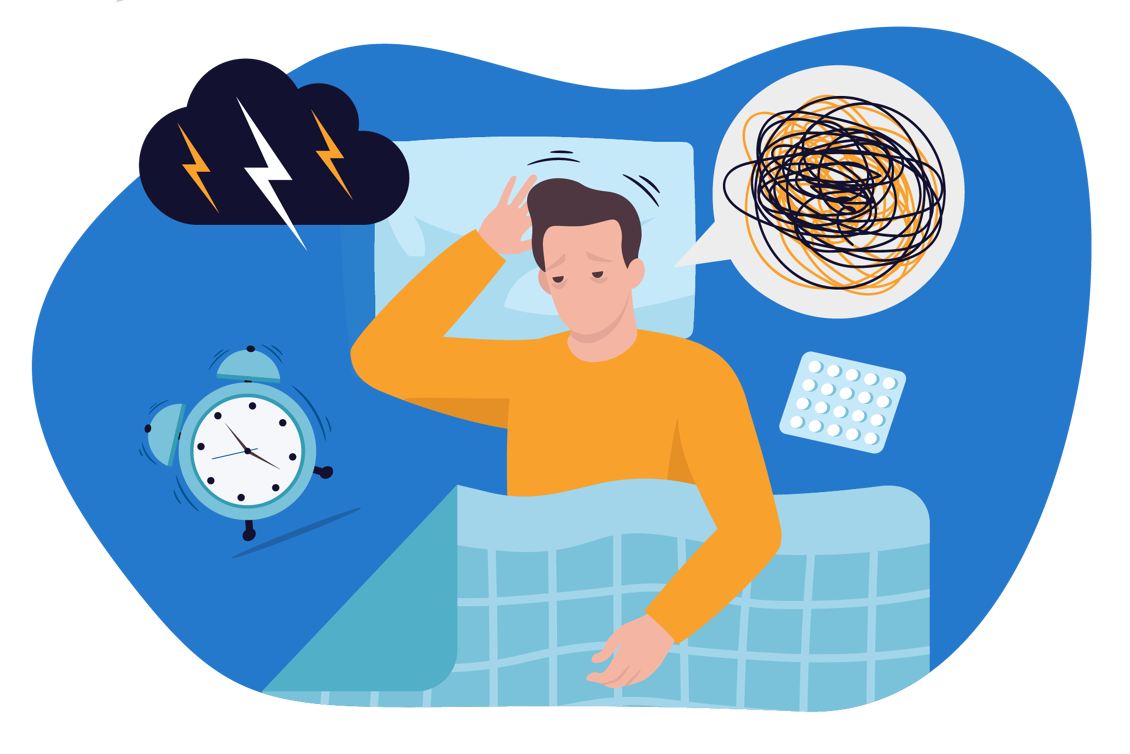


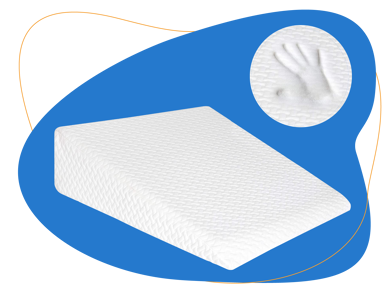





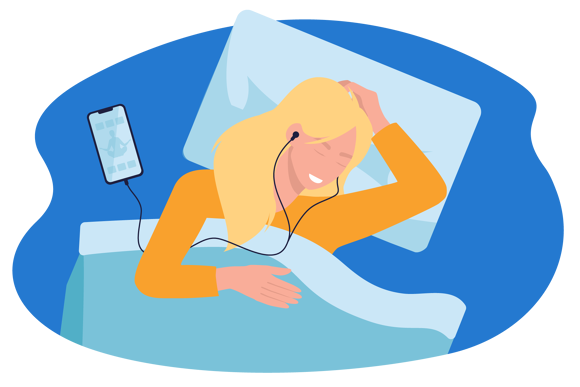


Alternatively, message us directly via the Contact Us page.